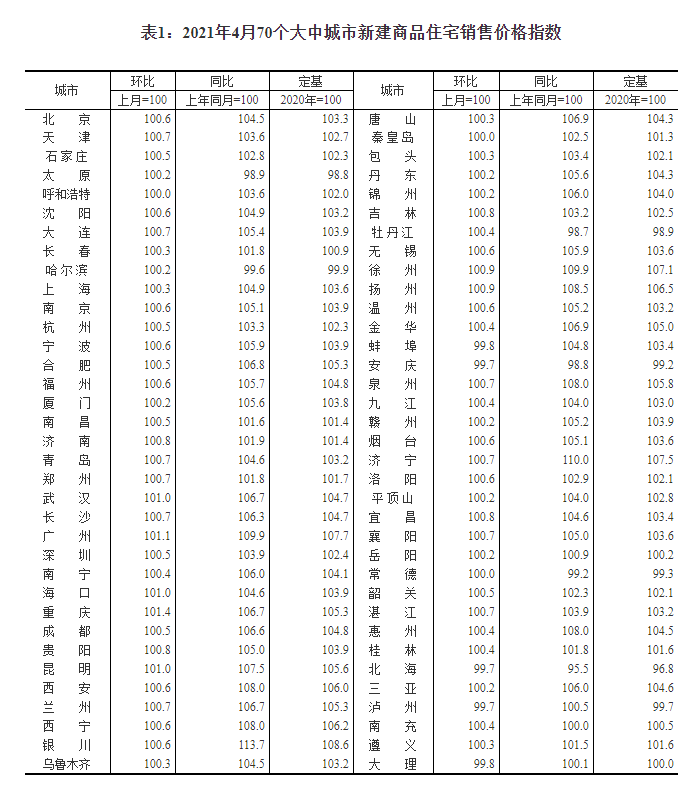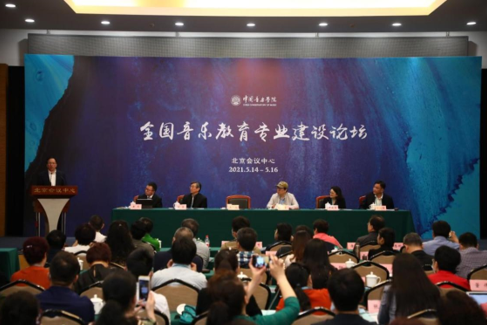 (资料图片仅供参考)
(资料图片仅供参考)
BEIJING, September 28 (TMTPOST)— Bilibili, one of the most popular long video sites among Chinese youth, will soon become the latest Chinese firm that sought to reduce regulatory risks amid uncertainty of the U.S. and China relationship.
Source: Visual China
The board of directors announced the voluntary conversion of Bilibili ‘s secondary listing status in Hong Kong to a primary listing to come in effect on October 3, 2022, and from that day on, the company would become a dual primary listed on the Hong Kong Stock Exchange (HKEX) and the New York Stock Exchange (NYSE) while the stock marker “S” will be removed from its stock short name on HKEX, according to a filing with the exchange on Wednesday.
The filling suggests Bilibili to be the third Chinese company with the status of dual primary listing both in U.S. and China, which allows its shares to continue their trading even if the firm fails to avoid of being delisted from the U.S. stock market. U.S.-listed Xpeng and Li Auto, two of Tesla’s Chinese competitor, have launched their primary secondary listing on HKEX in July and August respectively. Alibaba’s application for conversion to primary secondary listing was approved in early August and the conversion was expected to be effective by the end of 2022.
Bilibili’s conversion came after China and the United States reached a landmark agreement in late August, which paves the way to resolve an audit dispute that put more than 200 Chinese companies under risks of delisting from the U.S. exchanges.
The agreement gives the U.S. Public Company Accounting Oversight Board (PCAOB), an accounting body under the U.S. Securities and Exchange Commission (SEC), full access to Chinese audit information, and allow it to take direct testimony from accounting firm staff in China for its investigation.
It was reported last month that PCAOB inspectors flied to Hong Kong for audit inspection on U.S.-listed Chinese companies under the deal, and then PCAOB officials would decide if they obtain enough access to audit papers to recognize Chinese firms meet compliance requirements. Reuters reported last week that Beijing has sent a team of officials to help PCAOB for on-site inspection in Hong Kong.






